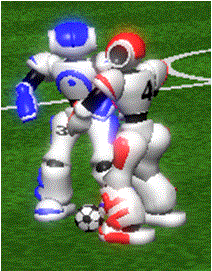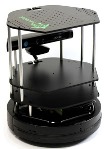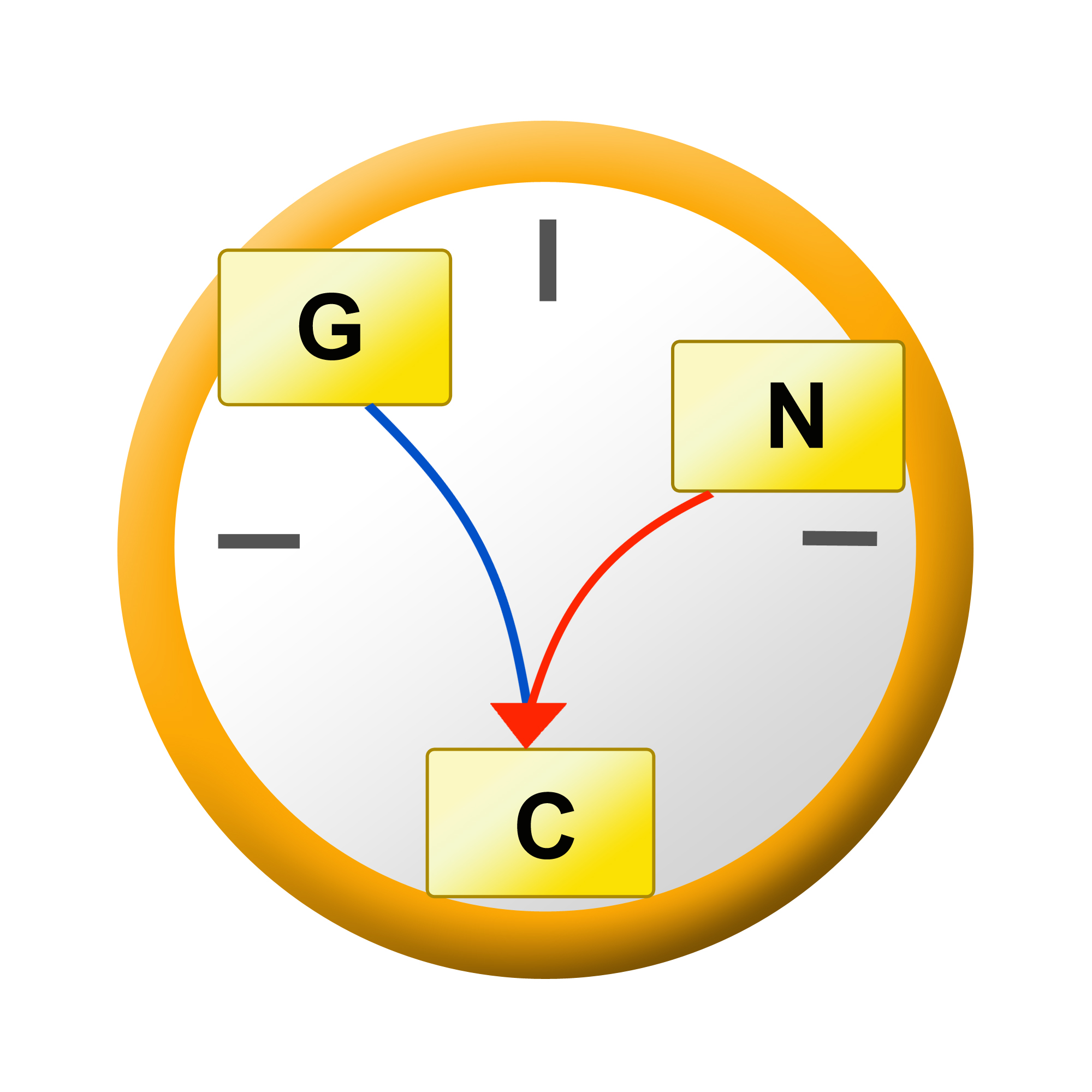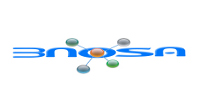Projects
-

Karachi Koalas
AI Lab has partnered with Innovation & Enterprise Research Lab at University of Technology Sydney (UTS) to create a joint RoboCup Soccer team under 3D Simulation League. The team, Karachi Koalas , has participated in 2011, 2012 and 2013 World RoboCups that were held in Turkey, Mexico and the Netherlands, respectively. The team reached the top 16 stage in 2011, top 10 stage in 2012 and ranked 5th in 2013. More details about this exciting project are available on Karachi Koalas' website .
-

Karachi Chotu
Karachi Chotu was formed in the mid of 2013 within the context of a research project "The Helper Bot". The team participated in IranOpen 2014 under @Home League and secured 3rd position - a remarkable achievement for a team that is less than a year old. The team is using TurtleBot as its hardware/robot that was acquired via a research grant from Third World Academy of Science, Italy. Robot's AI has been developed on the ROS platform. More details are available on Karachi Chotu's website .
-

Anti-Money Laundering System
An Anti-Money Laundering System (AMLS) is being developed in partnership with Credit-Chex, a consumer credit bureau services and total risk management solution provider. Once fully developed, AMLS would serve as a decision support tool and would aid financial institutions in identifying suspicious financial transactions and in curbing money laundering activities. The project has been developed under a research grant provided by National ICT R&D Fund, Pakistan.
-

IBAYes
IBAyes is a probabilistic reasoning tool that allows its user to model uncertain situations and to perform inference using Bayesian networks and its variants such as Influence Nets. It provides complete support to model Influence Nets. It also provides the capability to capture conditional probabilities using Noisy-Or and CAST Logic. It also provides sensitivity of actions and sensitivity of links analysis
-

BNOSA
The project focuses on the development of a framework for semantic annotation of unstructred, ungrammatical and incohorent data sources. The framework uses Bayesian networks and ontology during the information extraction phase of the annotation process and thus has been named as BNOSA (Bayesian Network and Ontology based Semantic Annotation).

